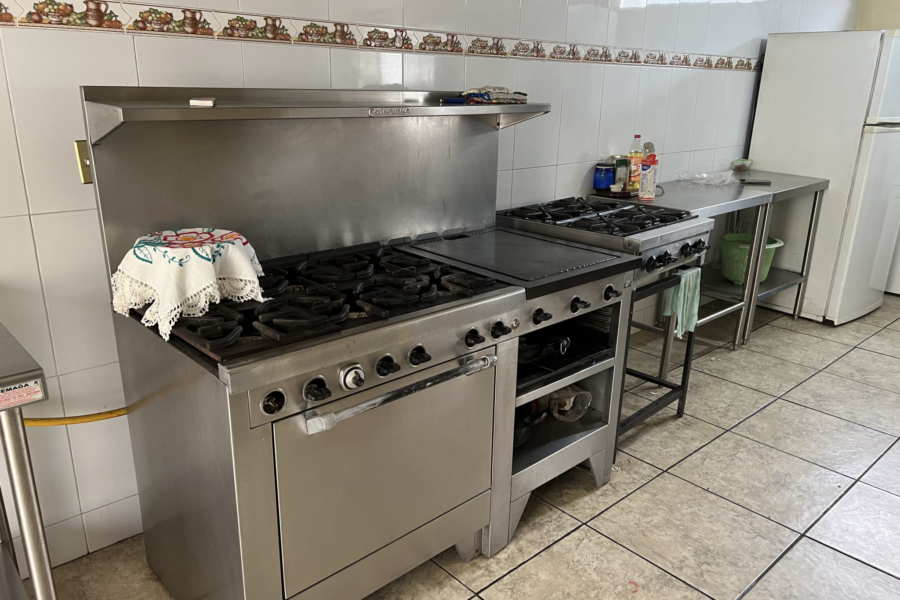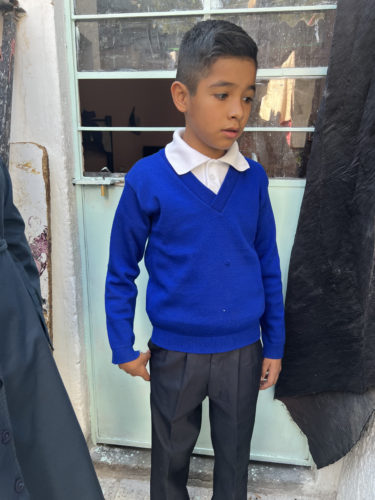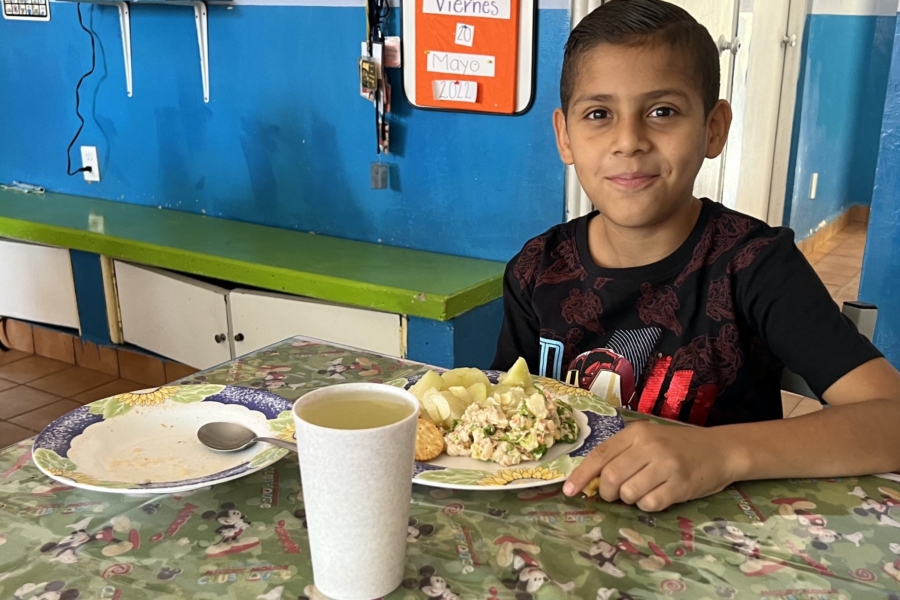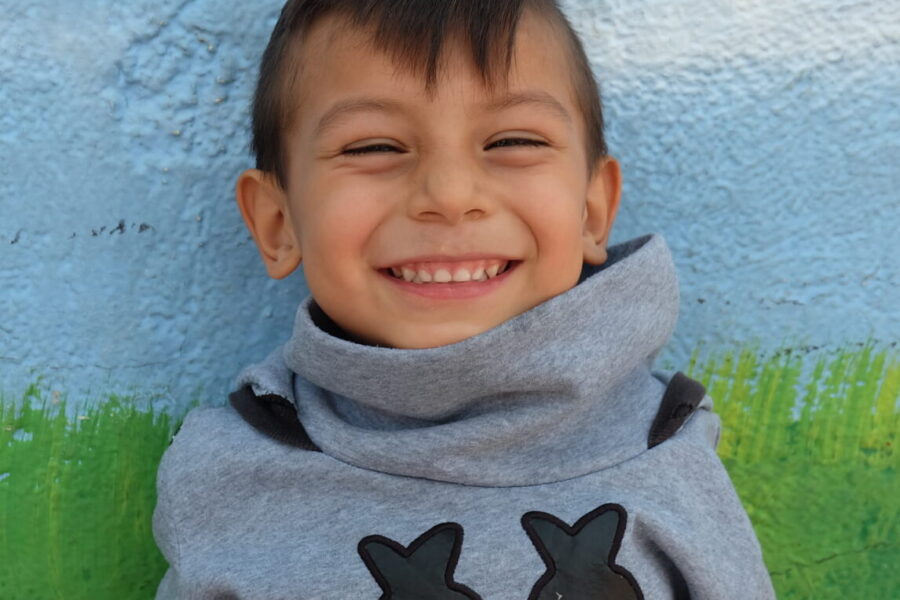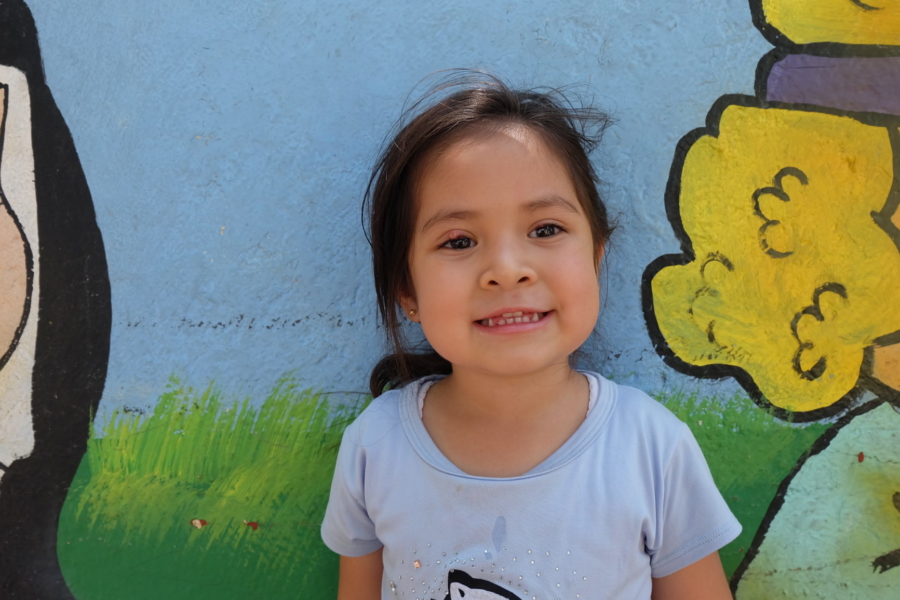When the Covid-19 pandemic struck hard in March 2020, all U.S. schools went fully virtual. They had no time to prepare — everything was done, as the old saying goes, “on a wing and prayer.” However, for most districts, the school year was over by mid-May, and at first everyone thought things would be back to normal soon. Then, the realization sank in across the country that the pandemic would get worse before it got better, so the summer of 2020 was used to plan for a very different 2020-2021 school year.
Our volunteer coordinators at schools around the country coped during the 2020-2021 school year with a mixture of hybrid and virtual instruction and outreach. They rose admirably to the challenge.
Our volunteer coordinators at schools around the country coped during the 2020-2021 school year with a mixture of hybrid and virtual instruction and outreach. They rose admirably to the challenge. Again, in May 2021, there was a sense of optimism, only to be faced with the late summer Delta variant and the late autumn Omicron variant. Many school districts opened their doors in August 2021 for in-person instruction while others chose hybrid. Due to rising infection rates, many had to go back and forth between in-person and virtual learning. Some have continued with virtual instruction only.
Though we haven’t been able to visit our affiliated sites in-person, Children Incorporated staff has stayed in close contact through lots of emails and phone calls, as well as virtual visits via FaceTime, Zoom, and Google Meet. Over the next weeks, we will share with you stories from our “virtual trip report” about our organization’s affiliations in beautiful Floyd County, Kentucky and how our sponsors’ support has been especially important during the past two years.
We hope you enjoy taking this “virtual trip” with us and thank you for all your support of children in our program in Floyd County, Kentucky and around the world!
About Floyd County
Coal was first discovered in the American colonies in 1750. It was found in what would become Kentucky, when explorer Thomas Walker used some coal to heat his campfire. However, it would be another 150 years before coal was mined in the Eastern Coalfields region on a large commercial scale. In 1820, the first commercial coal mine opened in Muhlenberg County, in western Kentucky.

The decline of the coal industry has in so many ways effected families and communities in Eastern Kentucky.
Floyd County was a former major coal mining area with a long and noted history of which its residents are extremely proud. In 1900, the first commercial coal mine in the Eastern Coalfields region was opened in the Betsy Layne community in Floyd County. Coal mining experienced periods of boom and bust during the 20th century. The two world wars were boom periods. The first was followed by a deep bust, brought on by the end of war production and the start of the Great Depression. After World War II, the Korean War kept the second boom going longer. However, railroads and households began shifting from coal to oil and gas for their energy needs, and the industry experienced another downturn.
The decline of coal
Two developments have resulted in the major reduction of coal mines — increased mechanization which has reduced the need for labor, and the regulation of factory emissions by the 1990 Clean Air Act. Kentucky coal, has a high sulfur content, making it less desirable than coal in other parts of the country, and factory emissions with high sulfur content contribute to high rates of acid rain, which leads to deforestation and makes water sources acidic. Coal companies can remove the sulfur through scrubbers, switch to mining low-sulfur coal, which is found in western states like Wyoming, or pay fines for their sulfur production.
The result of factory emissions regulation has been a steadily decreasing number of coal mines and of well-paying mining jobs in eastern Kentucky. But the issue goes beyond that, as the coal economy once supported communities across the entire Eastern Coalfields region. Other sectors, which have fewer customers with purchasing power, such as the banking, engineering, construction, transportation, and related manufacturing sectors, have been impacted as well. Over time, the results are fewer jobs, and those left are mostly service jobs (fast food restaurants, convenience stores, gas stations, etc.) that pay low wages. With the decline of the coal industry came a rise in poverty.
Poverty is linked to poor health and food insecurity, and Floyd County residents have long been plagued by all three. In Floyd County, rates of premature death and infant mortality are twice as high than the rest of the nation. Three in ten adults are obese. Four in ten adults exercise less than once a month. More than one-third of adults describe their health as fair or poor. More than one-third smoke, which is twice the national average. There is also a serious problem with opioid addiction. Some Floyd County families have trouble getting to the doctor, contacting the doctor, or just don’t believe in going to the doctor.
For the children, the schools have been a place not only of education, but the lifeline of the federal free breakfast and lunch program.
Extreme poverty in Kentucky
In 2019, USA Today reported a finding by 24/7 Wall Street, which had conducted an index study of three measures: poverty, the percentage of adults who have at least a bachelor’s degree, and average life expectancy at birth. They used these to identify the “25 Worst Counties In Which To Live In America.” Floyd County was #25. The report stated Floyd County, in the center of Appalachian Kentucky, epitomizes the social and economic problems of the region. More than 30% of residents live below the poverty line, and a similar percentage rely on SNAP benefits (food stamps) to afford minimum basic essentials. Floyd is losing residents rapidly. In the last five years, the population has dropped 5.1% even as the U.S. population grew by 3.8%.
For 10 years, the organization Feeding America has been conducting a “Map the Meal Gap” study to improve our understanding of food insecurity. The term refers to the U.S. Department of Agriculture’s measure of both lack of access to enough food for an active healthy lifestyle and limited availability of nutritious food. Food insecure children are those living in food insecure households. The most recent mapping was based on data from 2018. However, due to Covid-19, the organization also released a companion study and interactive map to show the impact of the pandemic on food insecurity. For Floyd County, the overall food insecurity rate is 22.1%. The child food insecurity rate is 31.7%.
According to the Federal Reserve Economic Data (FRED) website, the all-age poverty rate in Floyd County has declined since 2000. However, the U.S. Census Bureau shows the all-age poverty rate is still high at 27.4%, and using the last available data from 2018, the “Well Being in The Nation Network” shows the Floyd County child poverty rate is 31.7%. Both rates are higher than the national averages.
The importance of our partnerships
For the children, the schools have been a place not only of education, but the lifeline of the federal free breakfast and lunch program. The schools are also a place of community and care, of secure and stable routines, and exposure to the enrichment of activities, clubs, and athletics. The Covid-19 pandemic has kept vulnerable children at home for much of the past two years. Some children adapted well to remote learning, but others not so much.
Our valued partnership with the Family Resource Youth Services Centers is so important to providing basic necessities to children in our program. Our missions are complementary, and our sponsors and donors provide the resources that help them remove barriers to the children’s full potential.
***
How do I sponsor a child in Kentucky?
You can sponsor a child in Kentucky in one of three ways: call our office at 1-800-538-5381 and speak with one of our staff members; email us at sponsorship@children-inc.org; or go online to our sponsorship portal, create an account, and search for a child in Kentucky that is available for sponsorship.
SPONSOR A CHILD



